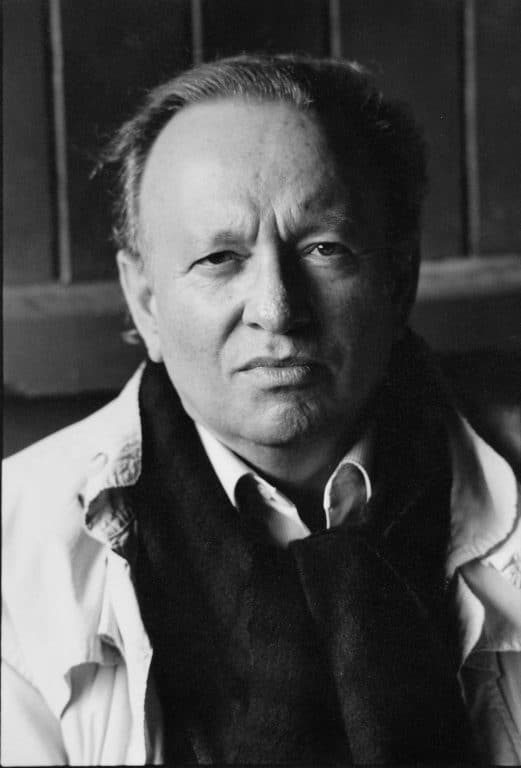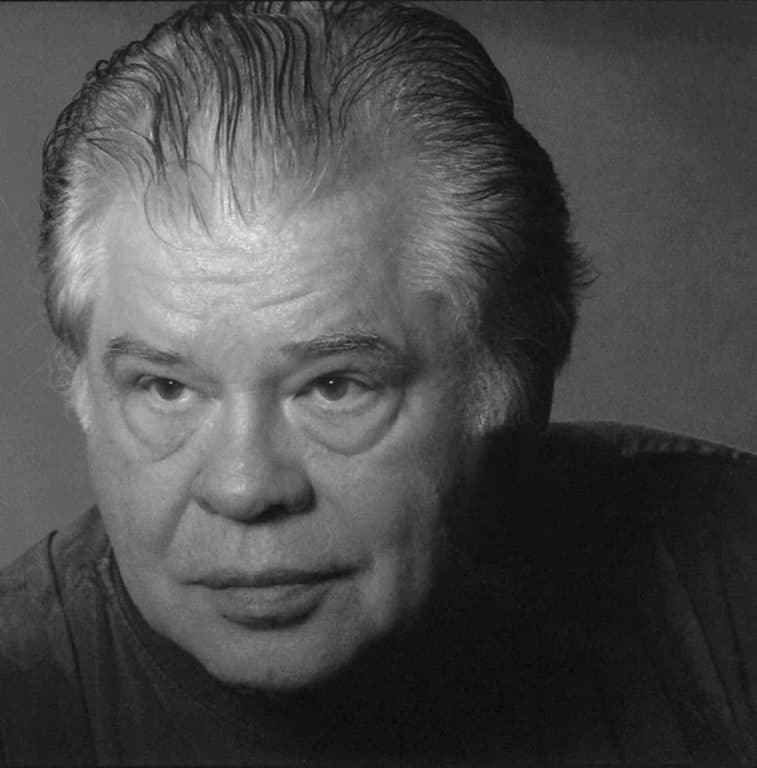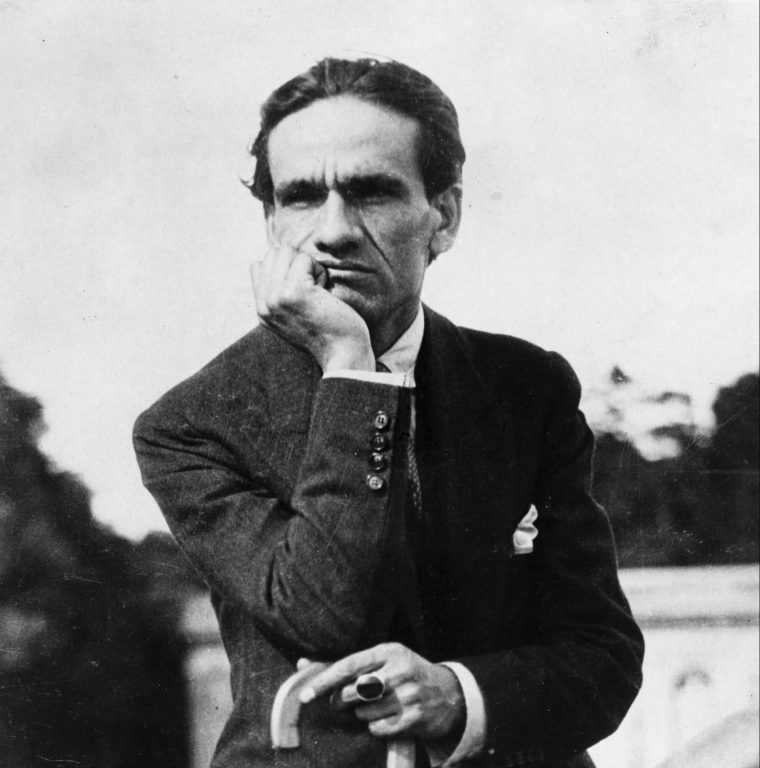In “Ark”, John Glenday subverts an age-old narrative. With a matter of a few incisive edits and reversals from the expected, he uses the upended story to frame a relationship in an almost startling and certainly unflinching light.
Whether viewed as symbolic, mythological or even historically possible, the narrative of Noah’s ark culminates in what…
In “Ark”, John Glenday subverts an age-old narrative. With a matter of a few incisive edits and reversals from the expected, he uses the upended story to frame a relationship in an almost startling and certainly unflinching light.
Whether viewed as symbolic, mythological or even historically possible, the narrative of Noah’s ark culminates in what is universally viewed as messages of salvation, hope and peace. Glenday takes a few pointedly placed negatives – most strikingly, “two of nothing but ourselves” – and drains all optimism from the future of the “love” depicted in this brief, prickly poem. “No raven” and “no dove” will bring back useful or promising signs. That the vessel in question is built of ruined (“spavined”) material seems to seal that love’s fate.
Here’s a challenge to this poem’s construct, and to any poem that assumes knowledge of a story or metaphor underlying it: how does this poem work if a reader somehow doesn’t know what Noah’s ark is? Glenday has crafted this poem’s crisp musings such that it could stand as two people embarking on an ill-fated voyage unto itself, with no antecedents. But what if either the reference is obscure or the poem relies on the reference too much to get its meaning across?




